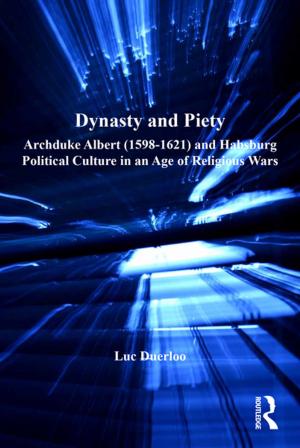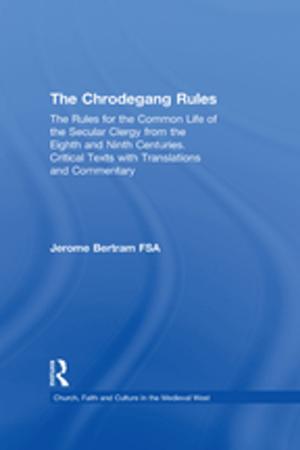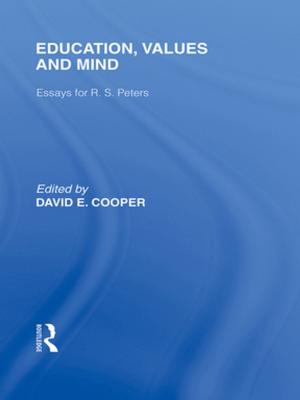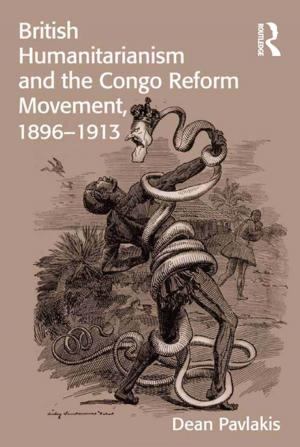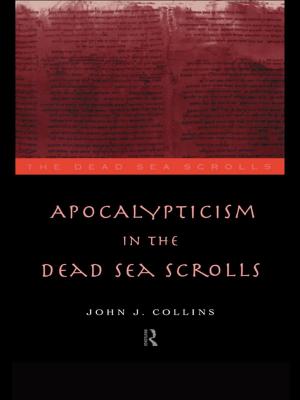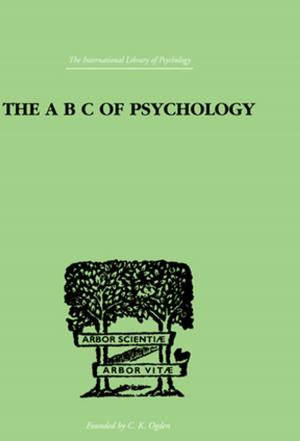Wittgenstein on Thought, Language and Philosophy
From Theory to Therapy
Nonfiction, Religion & Spirituality, Philosophy| Author: | Christoffer Gefwert | ISBN: | 9781351731423 |
| Publisher: | Taylor and Francis | Publication: | November 22, 2017 |
| Imprint: | Routledge | Language: | English |
| Author: | Christoffer Gefwert |
| ISBN: | 9781351731423 |
| Publisher: | Taylor and Francis |
| Publication: | November 22, 2017 |
| Imprint: | Routledge |
| Language: | English |
This title was first published in 2000: What was Wittgenstein's relation to "theory of meaning" in his post-1937 writings and what was his characterization of "philosophy" ? How does "philosophy" in Wittgenstein's later writings differ from what is usually accepted in modern academic 'analytic' philosophy? This book discusses problems encountered in looking at Wittgenstein's texts after-1937, focusing particularly on whether the problem of philosophy amounts to a systematic or a theoretical activity. Arguing that philosophy can be characterized as a form of conceptual investigation, Gefwert aims to demonstrate that a theoretical view does not correspond to Wittgenstein's conception of philosophy. For example, philosophy is not transcendental as he thought it was before 1929. Neither is philosophical language universal as Wittgenstein 1929-1936 thought it was. Proposing that a philosophical conceptual investigation is analogous to a psychotherapeutical session of Freud, with the common aim to dissolve the conceptual problems in language that haunt us in our everyday life, Gefwert's examination of the post-1937 writings of Wittgenstein concludes that "philosophical investigation" is a very different activity than that assumed by the Logical Positives and others adhering to a theoretical view.
This title was first published in 2000: What was Wittgenstein's relation to "theory of meaning" in his post-1937 writings and what was his characterization of "philosophy" ? How does "philosophy" in Wittgenstein's later writings differ from what is usually accepted in modern academic 'analytic' philosophy? This book discusses problems encountered in looking at Wittgenstein's texts after-1937, focusing particularly on whether the problem of philosophy amounts to a systematic or a theoretical activity. Arguing that philosophy can be characterized as a form of conceptual investigation, Gefwert aims to demonstrate that a theoretical view does not correspond to Wittgenstein's conception of philosophy. For example, philosophy is not transcendental as he thought it was before 1929. Neither is philosophical language universal as Wittgenstein 1929-1936 thought it was. Proposing that a philosophical conceptual investigation is analogous to a psychotherapeutical session of Freud, with the common aim to dissolve the conceptual problems in language that haunt us in our everyday life, Gefwert's examination of the post-1937 writings of Wittgenstein concludes that "philosophical investigation" is a very different activity than that assumed by the Logical Positives and others adhering to a theoretical view.



